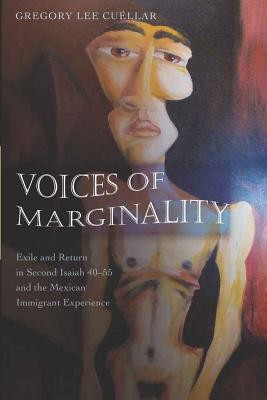
- We will send in 10–14 business days.
- Author: Gregory Lee Cuéllar
- Publisher: Peter Lang Inc., International Academic Publishers
- ISBN-10: 1433104784
- ISBN-13: 9781433104787
- Format: 14.7 x 22.1 x 1.3 cm, softcover
- Language: English
- SAVE -10% with code: EXTRA
Reviews
Description
Voices of Marginality is theoretically grounded in the theology of the diaspora, which according to Fernando F. Segovia has been forged in the migratory experience of American Hispanics. This theological perspective views Judean exiles (587 B.C.E.) and contemporary Mexican migrants as part of a recurring diasporic human experience. The present analysis «reads across» from the exile and return envisioned in the poetry of Second Isaiah (40-55) to the corridos (ballads) about Mexican immigration to the United States. More specifically, the diasporic categories of exile and return in Second Isaiah inform our reading of exile and return in the Mexican immigrant corridos. Conversely, the rhetorical ability of these corridos to transmit a collective Mexican identity for immigrants in the United States provides a compelling lens for understanding the images of exile and return in Second Isaiah. Ultimately, both literary productions reflect voices of marginality.EXTRA 10 % discount with code: EXTRA
The promotion ends in 18d.08:24:50
The discount code is valid when purchasing from 10 €. Discounts do not stack.
- Author: Gregory Lee Cuéllar
- Publisher: Peter Lang Inc., International Academic Publishers
- ISBN-10: 1433104784
- ISBN-13: 9781433104787
- Format: 14.7 x 22.1 x 1.3 cm, softcover
- Language: English English


Reviews